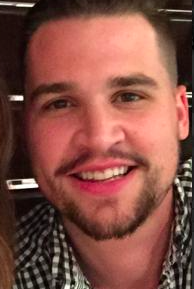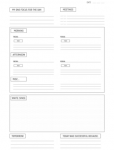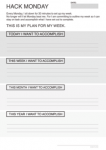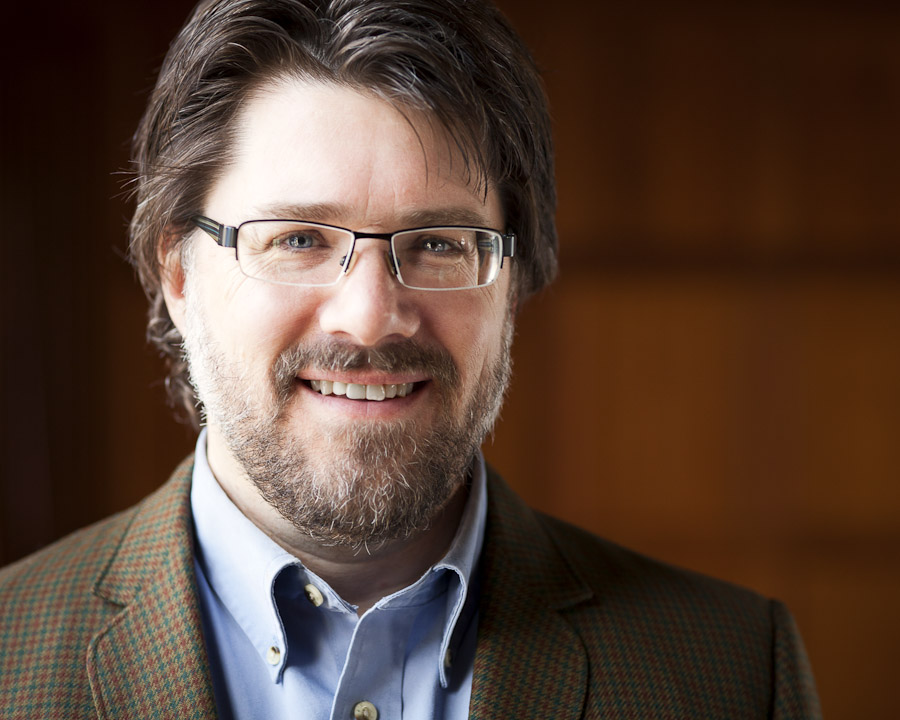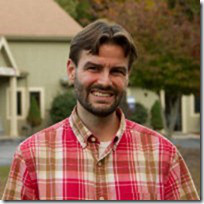It’s HERE until SEPT. 14th. Spark My Muse “Be the Spark” T-shirts. Show off your spark and help the podcast too! http://teespring.com/stores/the-spark-store.
If you’re listening on a smart phone, tablet, or computer you have some disposable income. If you appreciate anything about the show today, please spare a few dollars to keep the show going?
Just $3, $5, or $10 will really help.
• Click the donate button or go here. Thank you.
~Lisa
BIG NEWS!
A LIVE STREAM conversation related to this episode starts at 8 PM EST this Tuesday (9/8/2015) (And hopefully EVERY Tuesday for each show).
Click this link to get your pass and it will also send a reminder to come tonight.
If you can’t make it?
• View the REPLAY here: http://katch.me/lisadelay

Today, I’m joined by Kyle Reed.
Kyle’s free resources like his “Hack Monday” resource and the “Task Sheet” caught my attention as I’ve tried to figure out how to make best use of my time amid all the distractions. If you’re pressed for time or just want more mental bandwidth to be at your best, you’ll love our conversation.
• You can squeeze so much more out of your day if you plan it right–See the bottom of the show notes to link to his page of free resources that will make it all much easier and faster.
Podcast: Play in new window | Download (58.2MB) | Embed
Subscribe to Spark My Muse Apple Podcasts | Spotify | Email | TuneIn | RSS | Subscribe to Spark My Muse
SHOWNOTES:
1:50
Many of us have lots of ideas. It’s the execution that’s the problem.
Productivity is the bigger issue.
How do we defeat ourselves as creatives and hard workers.
Creativity is mainly intangible.
4:10
Planning your day. Best tips and productive routines.
15 min that can save you hours.
Writing down tasks with time-tables and timers.
Minimizing distractions
Working at home challenges.
Respecting yourself as a person doing real work at home.
Making your home office feel legit
How to stop feeling like there is always more to do right now.
10:00
Pajama power?
Treating yourself as a professional.
13;30
The prevailing myth that working at the office is productive even in high tech companies.
17:00
Trust issues and ensuring accountability with a boss and an office.
19:00
What environments best help creativity and productivity.
19:30
Company culture and values.
20:40
Kyle’s Productivity tools.
Having 5 million Facebook fans to take care of (from music celebrity accounts) made him rethink everything!
21:30
The Task Sheet tool.
Hack Monday tool (a tool for the week, month, and year)
23:00
Social media calendar tool for promoting content and projects.
Marketing template download to help write a marketing plan.
Taking the time to organize first saves so much time.
25:30
When to outsource tasks and the tools can help.
Batching tasks.
27:00
Entrepreneurs know how to take a calculated risk for the benefits it will reap later.
28:00
The fear that stops us from finishing.
29:00
The self talk that helps us get the work get.
Doing the work when it stinks.
31:00
The importance of relationship and being in a community of “doers”.
32:00
Using what has helped him and sharing it to build a following and meeting needs.
32:30
The 20-something blogger mentoring project that turned into a 500 person community.
34:30
Giving people resources and sticking with young adults.
37:00
The paralysis of too much information.
37:20
What is meant by “Standing on (the shoulder’s of) Giants”
@kylereed follow him on TWITTER
40:00
The Spark challenge I gave Kyle.
Identifying what we need to get done and what needs to be handed-off.
Thanks for listening!
You can join me each Tuesday night (8 PM EST) for a LIVE STREAM of the podcast released that morning. Here we go deeper. You can ask questions, discuss the topics from the show, interact and share your ideas, and make connections with others.
• Get the LIVE STREAM link (pass to get in) HERE for the Tuesday 8 pm EST meetup and follow me at twitter: @lisadelay.
• You can get a reminder of new LIVE STREAM interactive metopes with the update letter I send out too.
• If you miss the LIVE STREAM just catch a REPLAY here: katch.me/lisadelay
Visit Kyle here to download yourself some resources that will save you hours per week! Make sure to share this. It’s golden.

